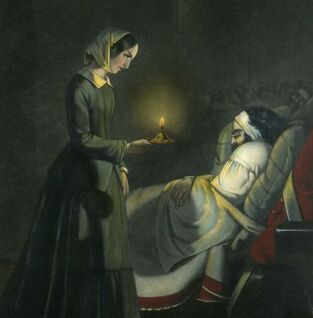 To listen to this presentation Click here To view this presentation Click here 12 May is International Nurses Day. It is also the birthday of the most famous and influential nurse, Florence Nightingale. Few people realise the enormous debt which the whole world owes to Florence Nightingale. This courageous Reformer transformed hospitals and pioneered the modern nursing profession. No other person in history has done more to alleviate suffering and establish so high a standing of health care for the sick. The Degraded State Before Florence Nightingale the condition of hospitals and the nursing profession was in a degraded state. Hospitals were dirty and over-crowded. Antiseptics were unknown. Scarcely any facilities for the training of nurses existed, and their pay was less than that for a common labourer in the field. Nurses were drawn from the “undesirable sections” of society and were commonly regarded as “vulgar”, “uneducated”, “unclean” and were notorious for their drunkenness and immorality.
0 Comments
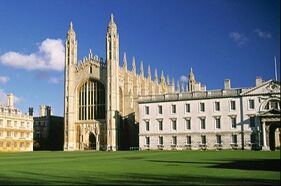
"Every school you see - public or private, religious or secular - is a visible reminder of the religion of Jesus Christ. So is every college and university." Dr. James Kennedy and Jerry Newcombe document in their "What If Jesus Had Never Been Born?" book that the phenomenon of education for the masses has its roots in Christianity.
The pursuit of the knowledge of God in a systematic, philosophical and in-depth way gave rise to the phenomenon of universities all around the world. It was the Christian faith that gave rise to the idea of higher learning. THE GIFT OF LITERACY Christianity is a tremendous force for education. Most of the world's languages were first set to writing by Christian missionaries. The first book in most languages of the world has been the Bible. Christianity has been the greatest force for promoting literacy worldwide throughout history. The Christian missionary movement in the 19th Century pioneered tens of thousands of schools throughout Africa, Asia and the Pacific Islands - providing education for countless millions, even in the remotest jungles, giving the gift of literacy to tribes which had not even had a written language. 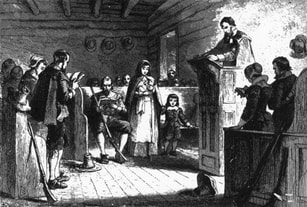 The Puritans bequeathed to us a heritage of pastoral theology unsurpassed in the history of the English-speaking church. The Puritans modelled a pattern of ministry that was both plainly Biblical and intensely devotional. The Puritans managed to balance head and heart, doctrine and devotion. Puritan theology (defined as Biblical, Evangelical and Reformed theology) served for more than three centuries as the basic doctrinal framework for Evangelicalism, throughout the Protestant world, including Baptist, Congregational, Independent, Anglican and Presbyterian traditions. The Puritans were convinced that Biblical theology and doctrinal truth were essential for healthy Christian experience and service. They insisted that the saving knowledge of God is essential for Christian living. This means that we need to know God personally and learn more about Him through His Word. What we believe affects how we live. Bad theology leads to bad practice. “It is impossible to honour God as we ought, unless we know Him as He is.” The fundamental idea of Puritanism was the supreme authority of Scripture and it expressed itself in a fervent dedication to the cause of civil freedom. 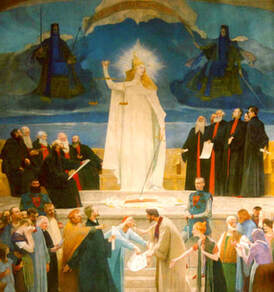
Despite anti-Christian prejudices, it is to the teachings and example of Jesus Christ that women owe most of their freedoms. The advent of Christianity raised the dignity, freedom and rights of women to levels never before known in any other culture or religion. Indeed, as one historian put it: “The birth of Jesus was the turning point in the history of women.”
As a result of the teachings and example of Jesus Christ, women in much of the world today, especially in the West, enjoy far more privileges and rights than at any other time in history. Women in the Middle East By way of contrast, one only needs look at how women are treated in those countries where Christianity has had little influence, for example in the Muslim Middle East. Christian women have been publicly stripped and flogged in Sudan for failing to wear the Islamic Abaya (a black garment that covers the head, face and the entire body). Under the Taliban in Afghanistan women were forbidden to go to school, to work outside the home, or even to walk without their whole face and head being covered under the Abaya. Women have been arrested and jailed in Iran for wearing lipstick. In Saudi Arabia, it is illegal for women to drive a motor vehicle. 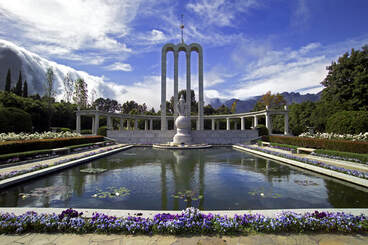
The Huguenots have left us a tremendous legacy of heroic faith, Christian endurance and sacrifice. Their contributions to our culture, spiritual life and prosperity have been out of all proportion to their small numbers.
Afrikaans Ancestors There are many Huguenot surnames amongst us to this day: Blignaut, De Klerk, De Villiers, Du Preez, Du Toit, Fourie, Hugo, Joubert, Le Roux, Malan, Nel, Pienaar, Retief, Rossouw, Theron, Viljoen, Visagie, and many others. The first Huguenot to arrive at the Cape, on 6 April 1652, was Maria de la Quellerie, the wife of the first governor of the Cape, Jan Van Riebeeck. Maria's grandfather had been a French Huguenot pastor. Dynamic Christian Movement The Huguenots were Protestants, members of the Reformed Church of France. Their forerunners were the Waldensians, a dynamic Bible study movement which arose in the 12th century, led by Peter Waldo, a merchant of Lyons. The Waldensians desired to study the Scriptures and be faithful to Biblical principles in all areas of life. These poor men of Lyons went out in twos and boldly proclaimed the Word of God throughout Southern France, Northern Italy and Switzerland. 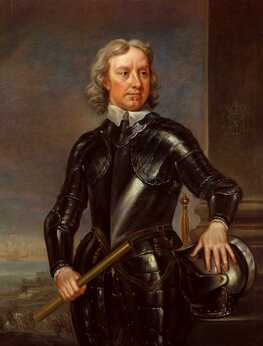
Oliver Cromwell (1599-1658) was one of the greatest leaders ever to rule England. He was a dedicated Puritan, deeply and fervently devoted to carrying out the will of God. He was relentless in battle, brilliant in organization and had a genius for cavalry warfare. With a Psalm on his lips and a sword in his hand he led his Ironsides to victory after victory, first against the Royalists in England, then against the Catholics of Ireland, and finally against the rebellious Scots.
Oliver Cromwell pursued religious toleration which helped to stabilize the fragile country after the King was executed. His foreign policy in support of beleaguered Protestants in Europe and against Muslim pirates in the Mediterranean was successful and he restored the supremacy of the seas to England. |
History ArticlesCategories
All
Archives
May 2023
|
- Home
-
History Articles
- History Articles
- All Categories
- Character Studies
- Greatest Century of Missions
- Greatest Century of Reformation
- Reformation In Bohemia
- Reformation In England
- Reformation In France
- Reformation In Geneva
- Reformation In Germany
- Reformation In Italy
- Reformation In Scotland
- Reformation in Switzerland
- Victorious Christians
- Contemporary Articles
- Resources
- Contact
- Donate
|
The Reformation Society
PO Box 74, Newlands, 7725, South Africa Tel : (021) 689-4480 Email: [email protected] Copyright © 2022 ReformationSA.org. All rights reserved |
- Home
-
History Articles
- History Articles
- All Categories
- Character Studies
- Greatest Century of Missions
- Greatest Century of Reformation
- Reformation In Bohemia
- Reformation In England
- Reformation In France
- Reformation In Geneva
- Reformation In Germany
- Reformation In Italy
- Reformation In Scotland
- Reformation in Switzerland
- Victorious Christians
- Contemporary Articles
- Resources
- Contact
- Donate
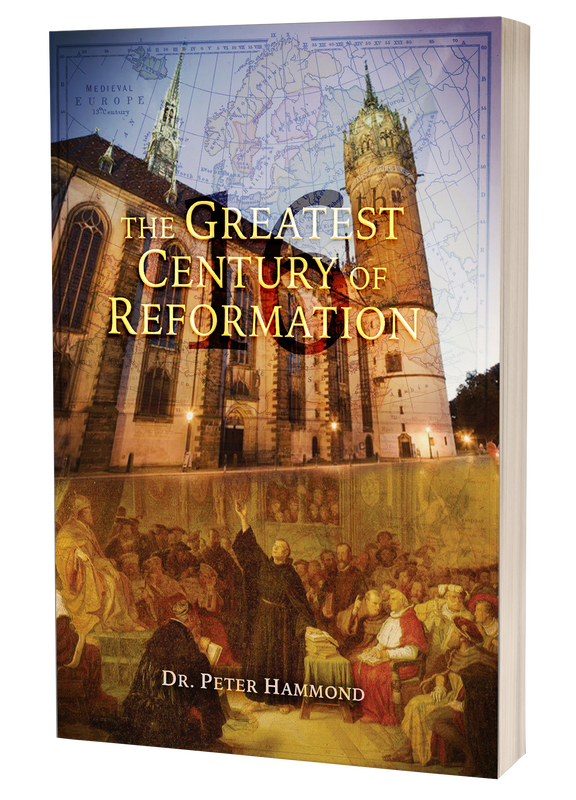
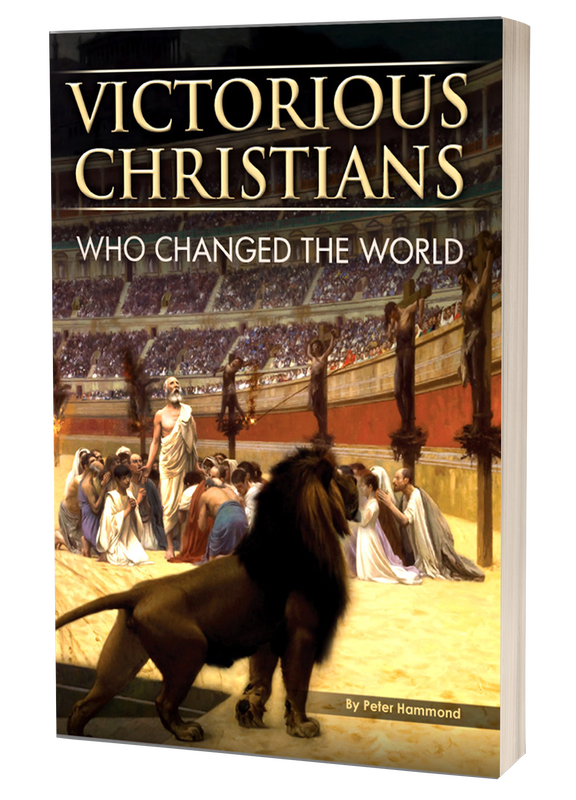
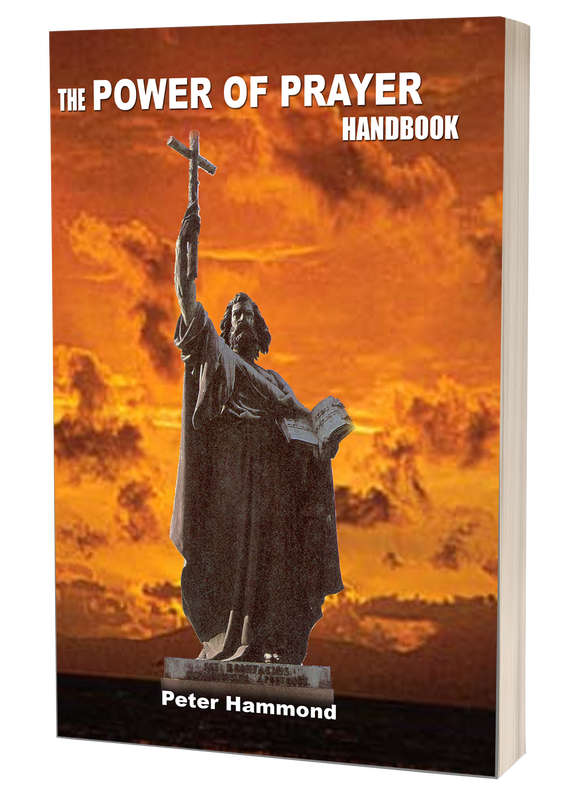
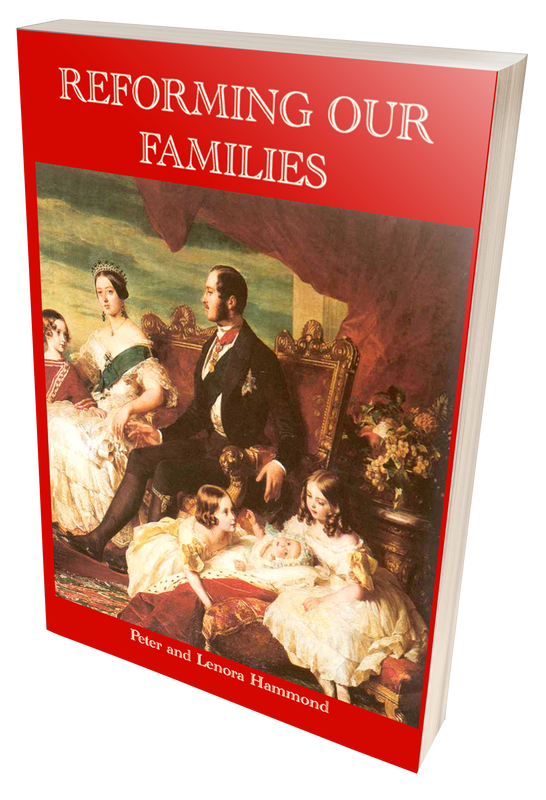
 RSS Feed
RSS Feed

